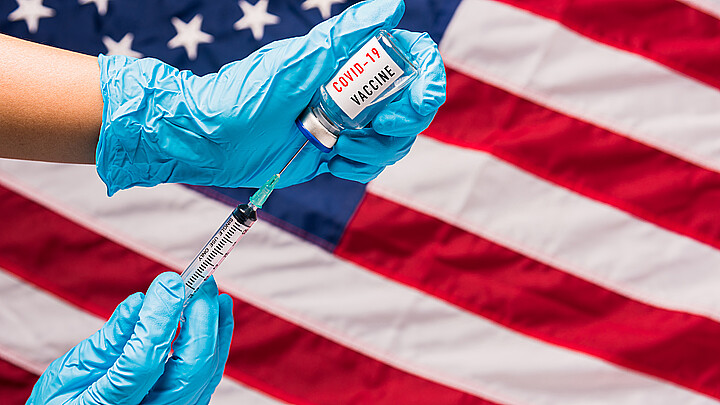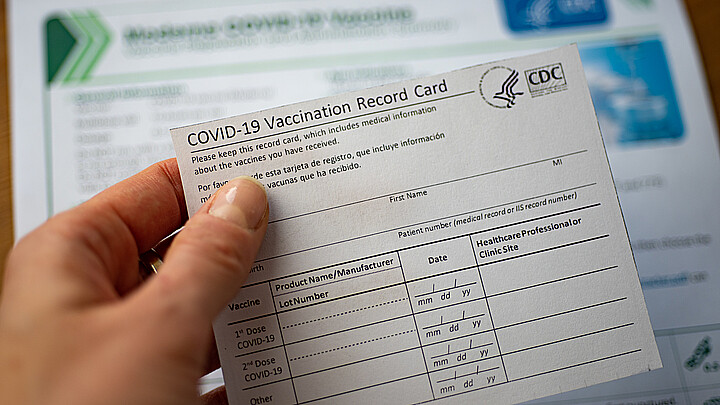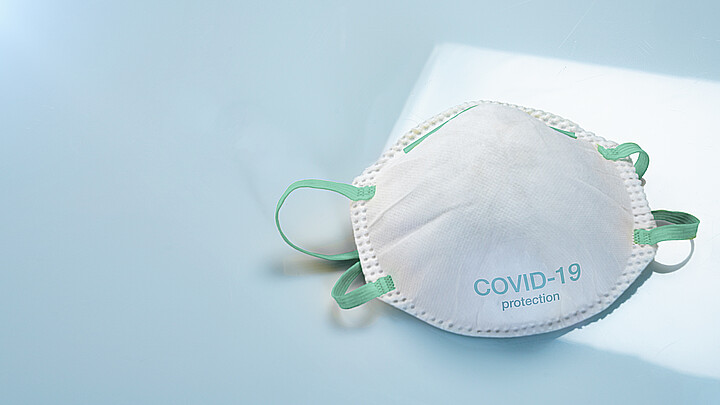Coronavirus
CDC study warns booster effectiveness falls after four months
According to the report released on Friday, booster shot effectiveness against hospitalization was 91% after 2 months but dropped to 78% after 4 months for patients infected with the omicron variant
February 14, 2022 1:32pm
Updated: February 14, 2022 1:32pm
A new study from the Centers for Disease Control and Prevention (CDC) found that the effectiveness of COVID-19 booster begins to decrease after four months, but still provides substantial protection against hospitalization.
According to the report released on Friday, booster shot effectiveness against hospitalization was 91% after 2 months but dropped to 78% after 4 months for patients infected with the omicron variant, The Hill reported.
Similarly, protection against emergency room or urgent care visits fell from 87% to 66% after 4 months, and was down to 31% after at least 5 months – although the study cautioned that the finding was “imprecise because few data were available."
But researchers affirmed that vaccine effectiveness was always higher after three doses than after two and are thus urging people to get boosted – and keep an open mind surrounding further booster doses.
"The finding that protection conferred by mRNA vaccines waned in the months after receipt of a third vaccine dose reinforces the importance of further consideration of additional doses to sustain or improve protection against COVID-19–associated [Emergency Department/Urgent Care] encounters and COVID-19 hospitalizations," the study states.
"All eligible persons should remain up to date with recommended COVID-19 vaccinations to best protect against COVID-19–associated hospitalizations and ED/UC visits."
In a recent press briefing, the Biden administration’s chief medical adviser, Anthony Fauci, said his team is closely monitoring data on metrics like protection against hospitalization in order to decide next steps.
"There may be the need for yet again another boost — in this case, a fourth-dose boost for an individual receiving the mRNA — that could be based on age, as well as underlying conditions," he said.
"So I don’t think you’re going to be hearing, if you do, any kind of recommendations that would be across the board for everyone," he added. "It very likely will take into account what subset of people have a diminished, or not, protection against the important parameters such as hospitalization."










